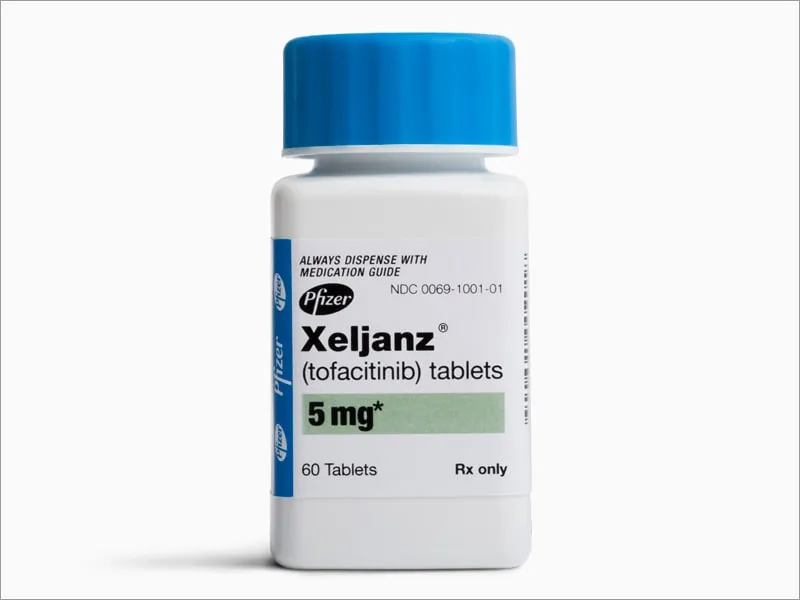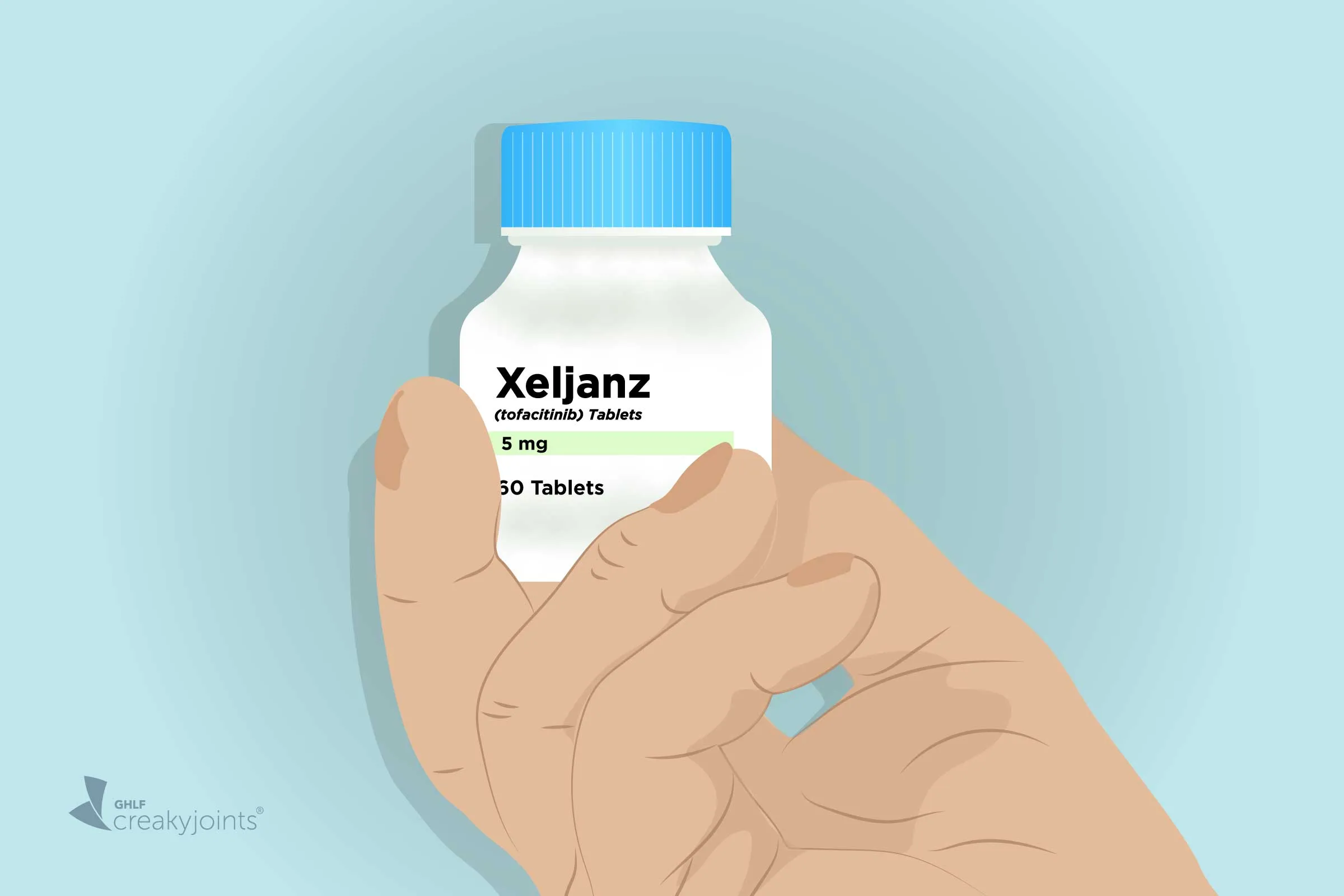Introduction
In the always – evolve world of pharmaceuticals, reliant has emerged as a significant player. This medication, know scientifically as tofacitinib, is ofttimes prescribe to manage various autoimmune conditions. Understand its use, benefits, and potential risks is crucial for patients and healthcare professionals like. In this article, we delve into the intricacies of reliant, provide a thorough overview that can help guide your health decisions.
What’s xeljanz?
Xeljanz is a medication categorize under janus kinase ( jak ) inhibitors. It is mainly use to treat autoimmune conditions such as rheumatoid arthritis, psoriatic arthritis, and ulcerative colitis. Unlike traditional biologics, xeljanz is an oral medication that offer a convenient alternative to injections.
How does xeljanz work?
To understand how xeljanz work, it’s essential to grasp the concept of janus kinases. These are enzymes that play a crucial role in the signal pathways of the immune system. By inhibit these enzymes, xeljanz help reduce inflammation and other symptoms associate with autoimmune disorders.
Uses of xeljanz
- Rheumatoid arthritis: Xeljanz is frequently prescribe for adults with moderate to severe rheumatoid arthritis who have not respond swell to methotrexate.
- Psoriatic arthritis: It is use to treat adults with active psoriatic arthritis when other medications fail to provide relief.
- Ulcerative colitis: Xeljanz can be an effective treatment for adults with somewhat to badly active ulcerative colitis.
Real – life example
Consider the case of sarah, a 42 – year – old woman diagnose with rheumatoid arthritis. After years of fluctuate treatment plans and little relief, her rheumatologist suggest xeljanz. Within weeks, sarah experience a notable reduction in joint pain and swelling. Her quality of life improve importantly, allow her to engage in activities she’d longsighted abandon. This real – life example underscore the potential impact of xeljanz on autoimmune conditions.
Benefits of xeljanz
The primary benefits of xeljanz lie in its efficacy and ease of use. Patients oftentimes appreciate the simplicity of oral administration compare to biologics that require injections. Additionally, xeljanz has been show to efficaciously manage symptoms of autoimmune disorders, offer patients relief where other treatments have fail.
Potential side effects
While xeljanz can be beneficial, it’s not without potential side effects. Common side effects include:
- Headaches
- Diarrhea
- Upper respiratory tract infections
- Nausea
More serious risks are associate with increase susceptibility to infections, liver enzyme elevations, and blood clots. It is crucial for patients to have regular check – ups and communicate any unusual symptoms to their healthcare provider.
Guidance for patients
If you’re consider xeljanz as a treatment option, hera are some tips to guide your decision:
- Discuss your full medical history with your healthcare provider to assess suitability.
- Stick rigorously to the prescribed dosage and schedule.
- Attend all schedule follow – up appointments for monitoring.
- Report any side effects or unusual symptoms quickly.
Conclusion
Xeljanz represent a promising option for those battle autoimmune diseases. Its oral administration, combine with its efficacy, make it a compelling choice for many patients. Nonetheless, like any medication, it require careful consideration and monitoring. By understand both the benefits and risks, patients and healthcare providers can make informed decisions to optimize health outcomes.
For more information, consult your healthcare provider or explore reputable medical resources. It is invariably advisable to seek professional guidance tailor to your specific health needs.


